What's REALLY in your cup of tea?
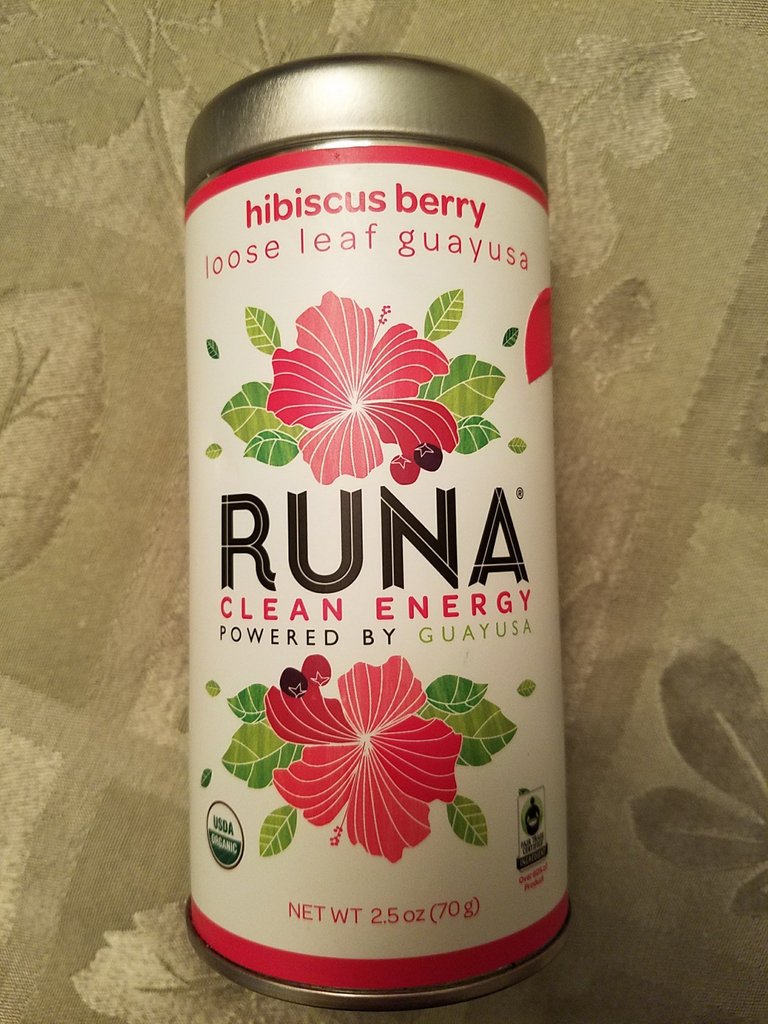
Tea is precious. It should be treated with love and care, however sadly this is not always the case. There is a seedy underside in the world of tea. Some companies grow their products with the use of chemical inputs in the soil and spray pesticides on the growing tea plants. The leaves uptake the chemical inputs and then are covered in pesticides. They are never washed or cleaned meaning that they are literally coated inside and out with harm causing substances. These harmful chemicals will brew right into your cup when you pour hot water over the tea leaves or bag. When buying tea at a store if it comes in a box or tin always read the label! In my opinion, teas that contain “natural” or artificial flavors should be avoided. If a label says that the product contains soy lecithin it is almost guaranteed to be a GMO. Look for tea packages that show the Non-GMO verified label.
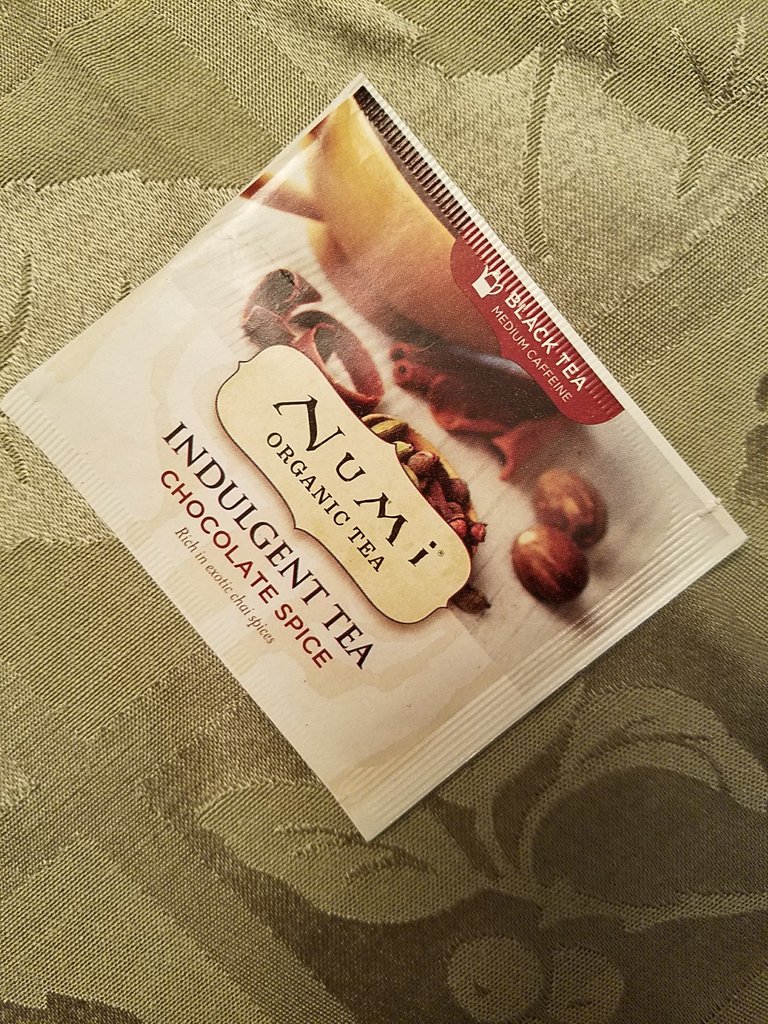
Tea bags can be nice for convenience but they have a few downsides. The quality and materials used in the tea bag are very important. It is recommended that you should avoid tea bags that contain epichlorohydrin which can break down in boiled water. Tea bags can be made from nylon or other synthetic fibers that are not ideal for pouring boiling water over as they can release nasty byproducts into the water. Synthetic tea bags are also bad for compost. Another major issue with tea bags is that they usually contain tea dust or fannings which is the lowest grade of tea. These bags also restrict the ability of tea leaves to properly expand and interact with water. A select few companies are now using silk pyramid satchels which do allow for the tea leaves to expand more and biodegrade. There are also unbleached tea bags made from compostable materials. Seek out these tea bags if you drink bagged tea. Your health and the environment will thank you.
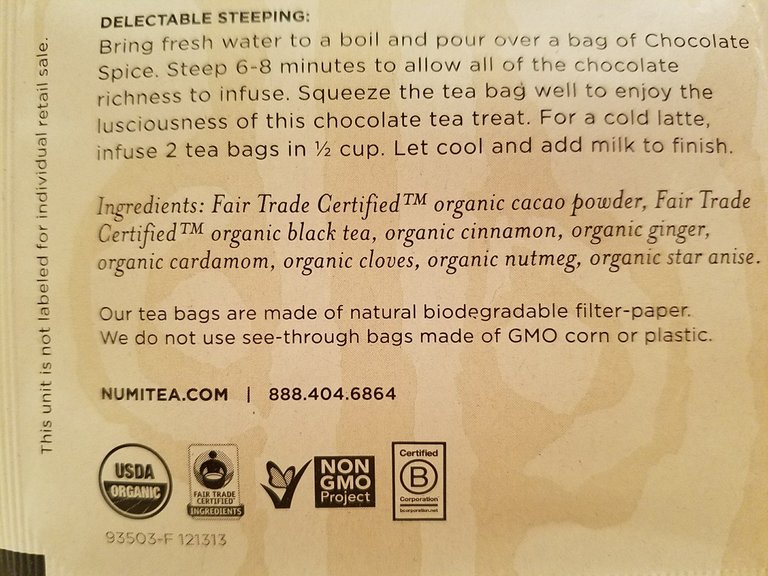
The most earth-friendly form of tea is organic loose leaf. This type of tea cannot be sprayed with pesticides or grown with chemical inputs. It is super easy to brew loose leaf tea! You can use a teapot with a strainer, french press, tea bag or just a strainer in a mug. The options are endless! Use what you have on hand and have fun with it.
If you want to create your own tea & herbs blends consider ordering from a reputable source like Mountain Rose Herbs. There are lots of recipes online or you can play with mixing blends.
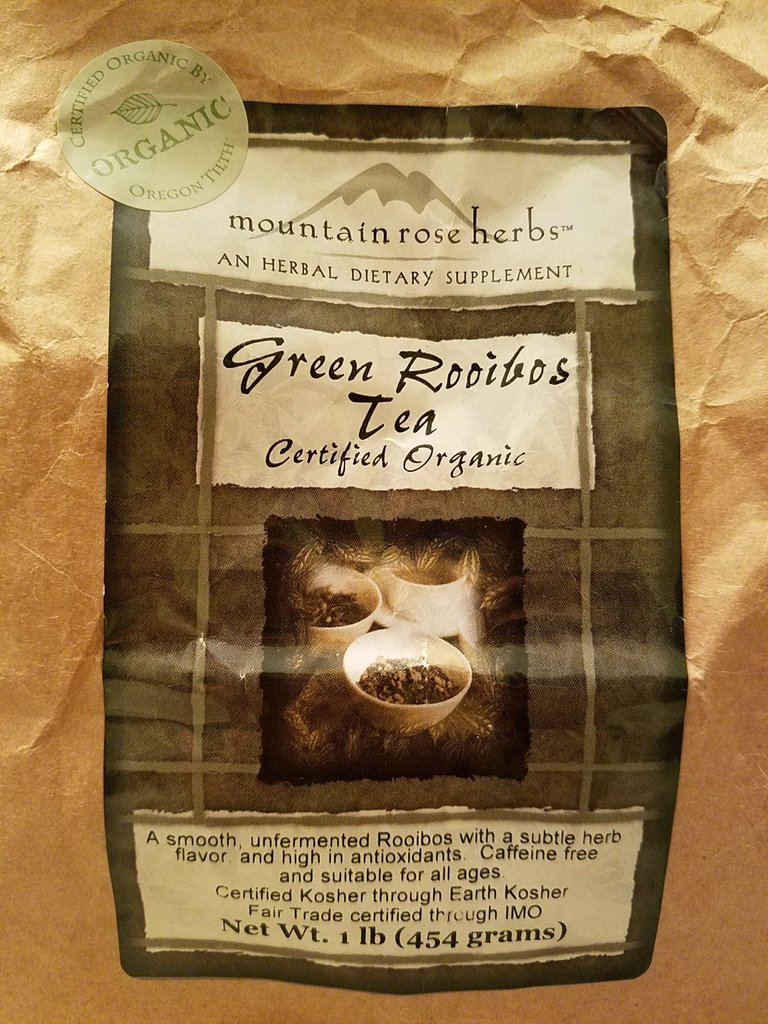
Bottle tea is kind of a misnomer. It is typically made from tea concentrate. This type of tea provides very little health benefits. Bottle tea can contain preservatives, artificial flavors, and high amounts of sugar. It is typically packaged in plastic bottles which can leach toxins. Plastic also does not break down and is contributing to many environmental problems. Plastic is not sustainable and should be avoided whenever possible.
I hope you have learned new information from this post. I worked in the tea industry for a few years and noticed this information is not well known. I adore tea and would like to see the industry shift into more sustainable practices. With higher demand for organic tea this will happen.
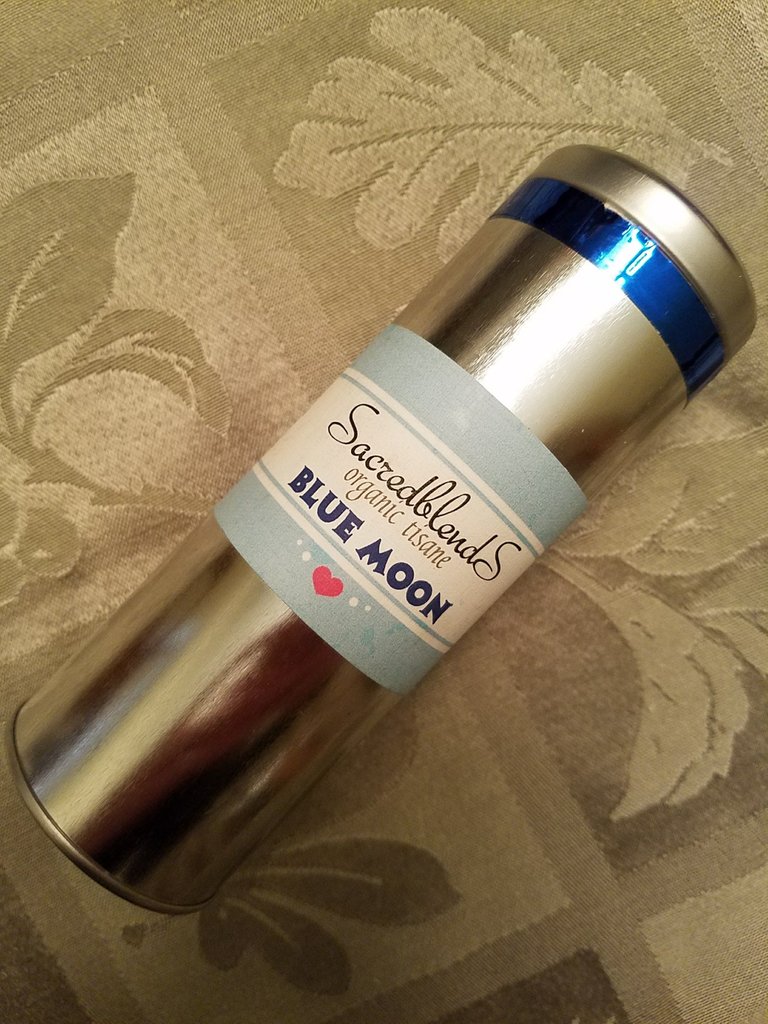
Great post \o/\0/\o/ love teas!
Thanks siStar!! Loving you <3
@earthnation #superboost
This kind of awareness is super important and I'm glad you're sharing it. The more of us that know these things the less support the ill intended companies get! :)
Totally!! Together we can all spread awareness and call in the future of our dreams.
Thank you for the info! I buy my tea at the farmers market from organic growers that I trust but this is a great reminder of why it's worth it to get up early on the weekend and restock:)
Yes! Farmers market teas are on point. So happy you have one close to where you live. I am counting the months until our in the PNW open again (MaY)
@originalworks
The @OriginalWorks bot has determined this post by @cassiopeia to be original material and upvoted it!
To call @OriginalWorks, simply reply to any post with @originalworks or !originalworks in your message!